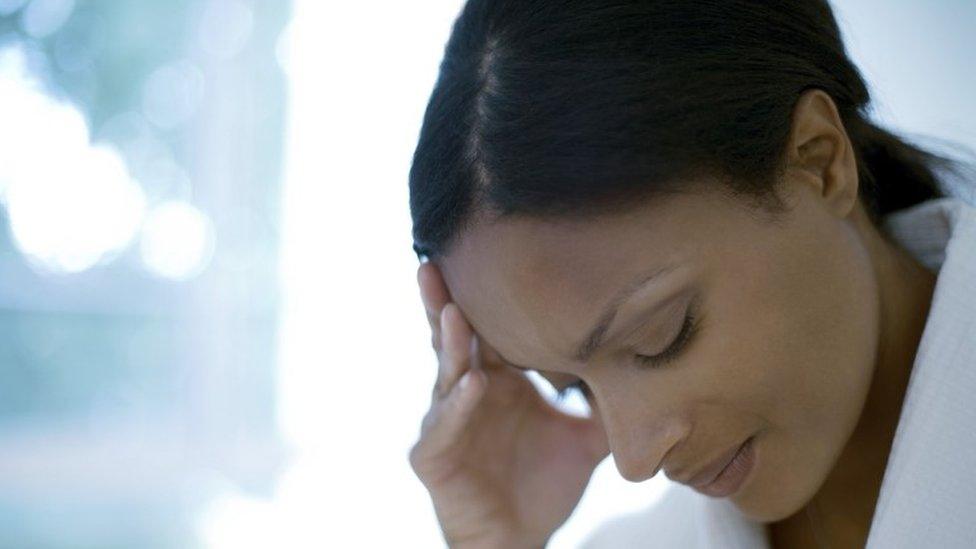Most women in 2016 happy to be female, BBC poll suggests
- Published
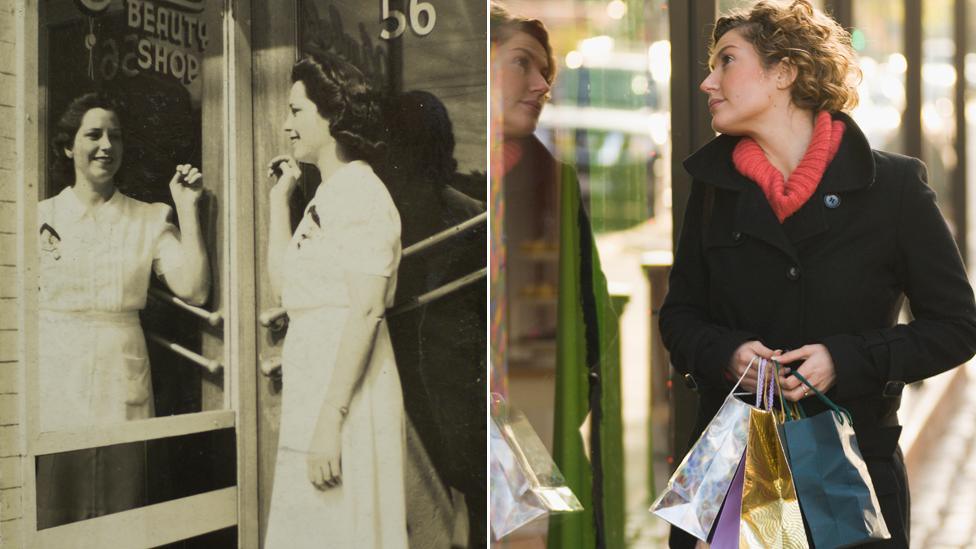
Almost nine out of 10 women would rather be a woman than a man today, compared with just over half in 1947, a Radio 4 Woman's Hour poll suggests.
The poll to mark the programme's 70th anniversary also suggests women in 2016 are more positive about marriage.
Just over two in five (42%) said that men and women gave up equal amounts of freedom in marriage.
Only a quarter of men and women who had taken part in a 1951 survey had felt that way.
Seven stories that show how women's lives have changed
Pollsters, who spoke to 1,004 women of all ages, looked at their lives and changing attitudes, covering marriage, money, sex, family, work and appearance. Here are the results:

Marriage

Today's women are more likely to want to marry the same person if they had their time over again, than women in the 1940s.
Of the women surveyed, 87% said they would stick with their husbands. A Gallup poll from 1949 of women - and men - found 77% would choose their spouses, if they had their time over.
One in 10 women would marry someone different, according to the Woman's Hour poll.

Work
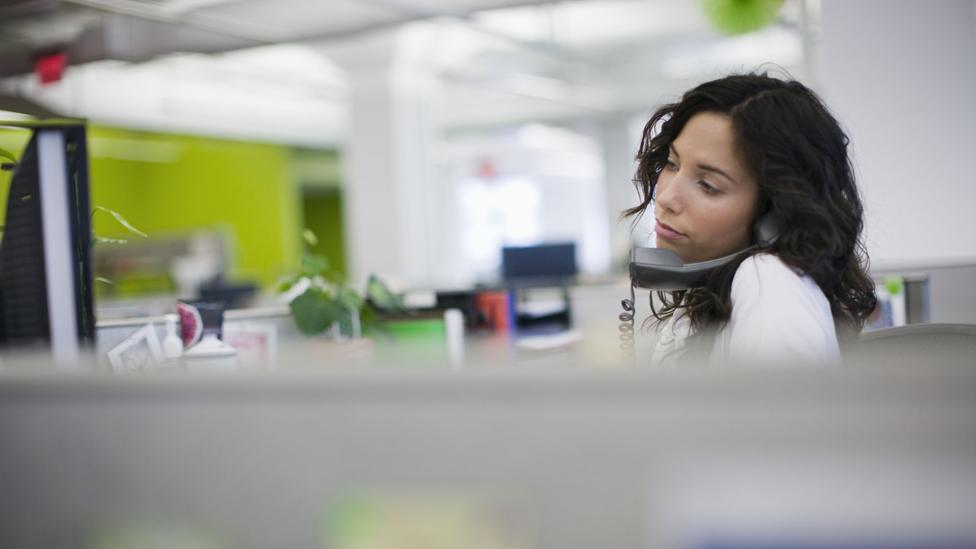
Women of all ages are more likely to work now than in 1951 - 60% of women are in employment today compared with 31% 65 years ago.
Among older women the difference is even more marked - today 62% of 55 to 64-year-olds are working compared with 22% in 1951.
Asked why they chose to work, more than half of women aged between 18 and 64 said the top reason was self-respect, followed by money and then colleagues and the work environment.
Older women, aged 65 and over, were more likely to consider the money over other factors, the poll suggested.

Money
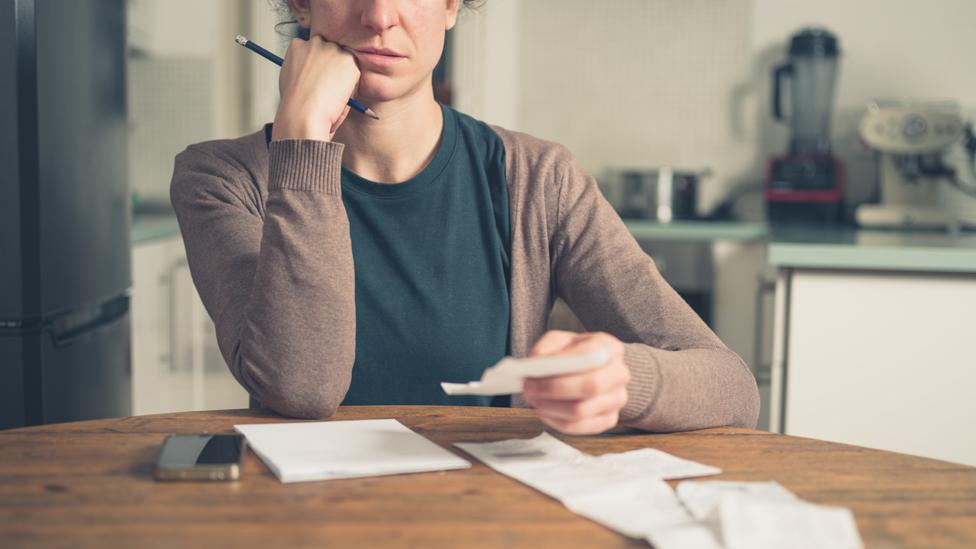
A fifth of all the women surveyed said money issues were the most urgent problem facing them and their family, and this was most pressing among 25 to 34-year-olds (28%).

Looks
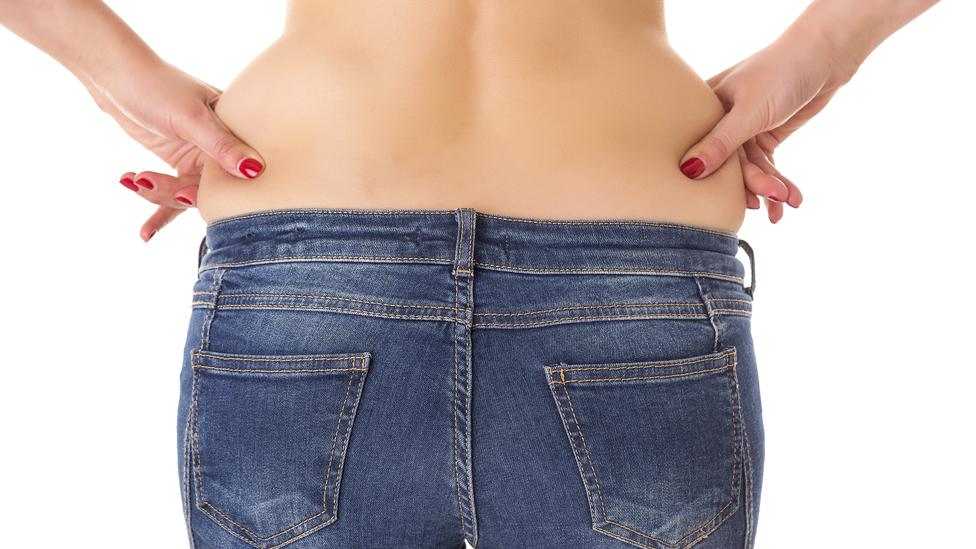
Appearance mattered a lot to 18 to 24-year-olds, who said the negative word they would least likely to be associated with was fat (37%).
They said this was worse than being called "stupid" and "boring".
Across all of the women polled, "stupid" was the word they would least like to be called (42%).
Women aged between 25 and 34 were most likely to have had cosmetic surgery (10%), to consider it in the future (46%) and to say their personal appearance mattered more now than when they were 21 (16%).

Sex lives
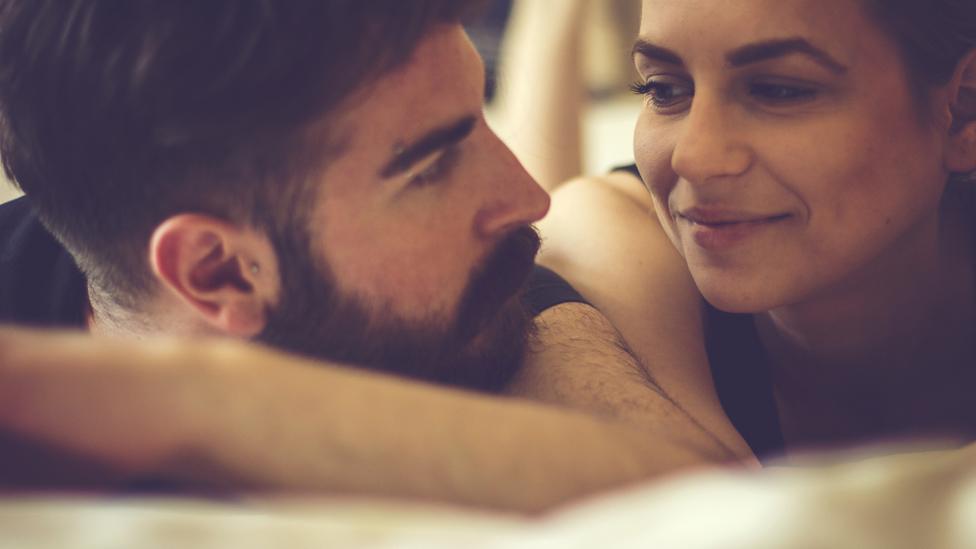
Nearly a quarter (24%) of women aged 25 to 34 claimed they were "extremely satisfied" in the bedroom.
Older women, in the 55 to 64 age group, were the least likely to be "extremely satisfied" (16%) and the most likely to be "extremely unsatisfied" (9%).

Family
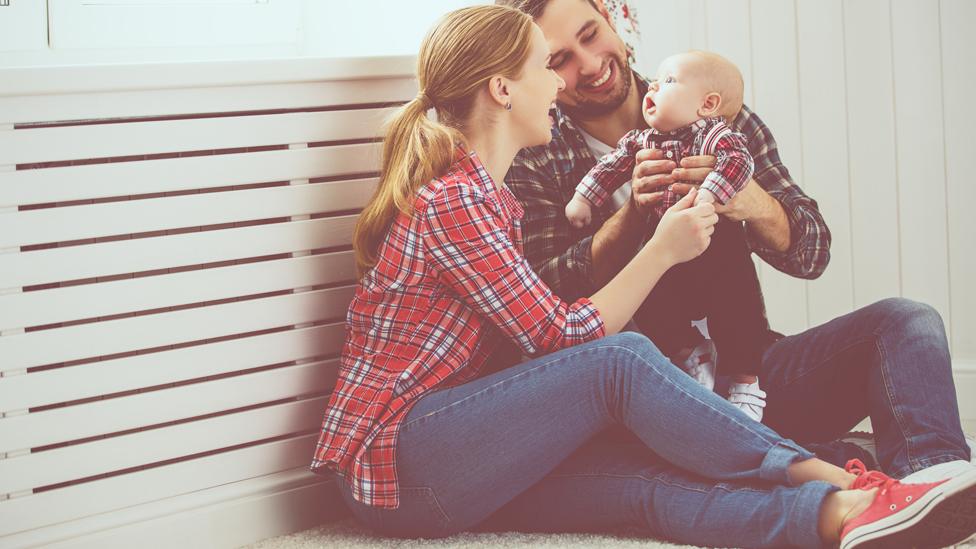
On the question of whether to have children, the poll found women who earned the most (£40,000-plus) were twice (8%) as likely as the lowest earners (under £20,000) to think having no children was ideal.
Similarly, no children was more of a preference among graduates (10%) than non-graduates (4%), and those in full-time employment (8%) than part-timers (2%).
More than half (56%) of those polled felt that two children was the perfect family size.
A 1938 Gallup survey found 45% of women agreed that two was ideal.

Worries
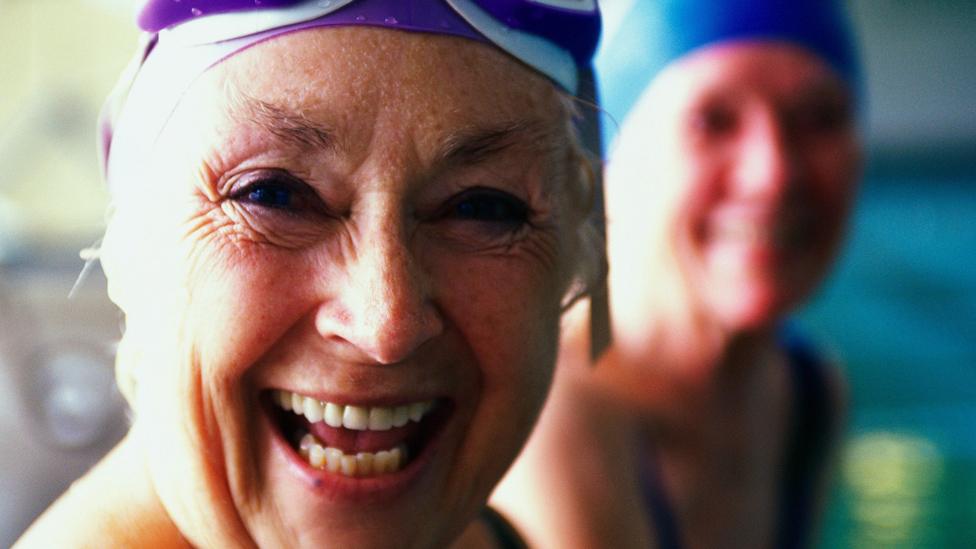
The biggest worriers were the 25-34 age group, who were the most likely to worry "a lot" about their health and family and friends' health (68%), having enough money in old age (53%) and making ends meet (51%).
They were least likely to consider themselves happier than their mothers at their age (27%, compared to 43% of those over 65).

The show's presenters Jenni Murray and Jane Garvey will discuss the poll results with Great British Bake Off star Nadiya Hussain, historian Amanda Vickery, and others in a special Woman's Hour programme on Radio Four at 10:00 BST on Monday
- Published10 October 2016
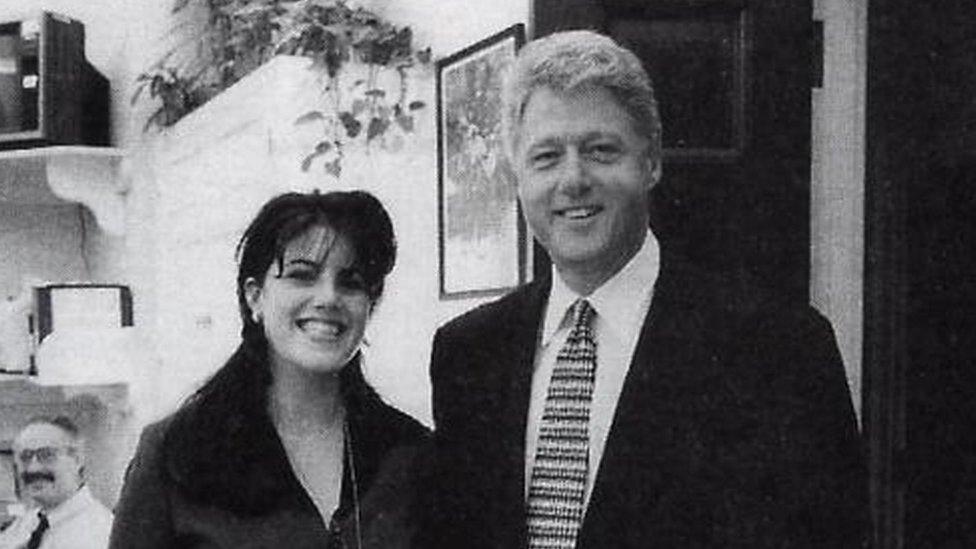
- Published4 October 2016
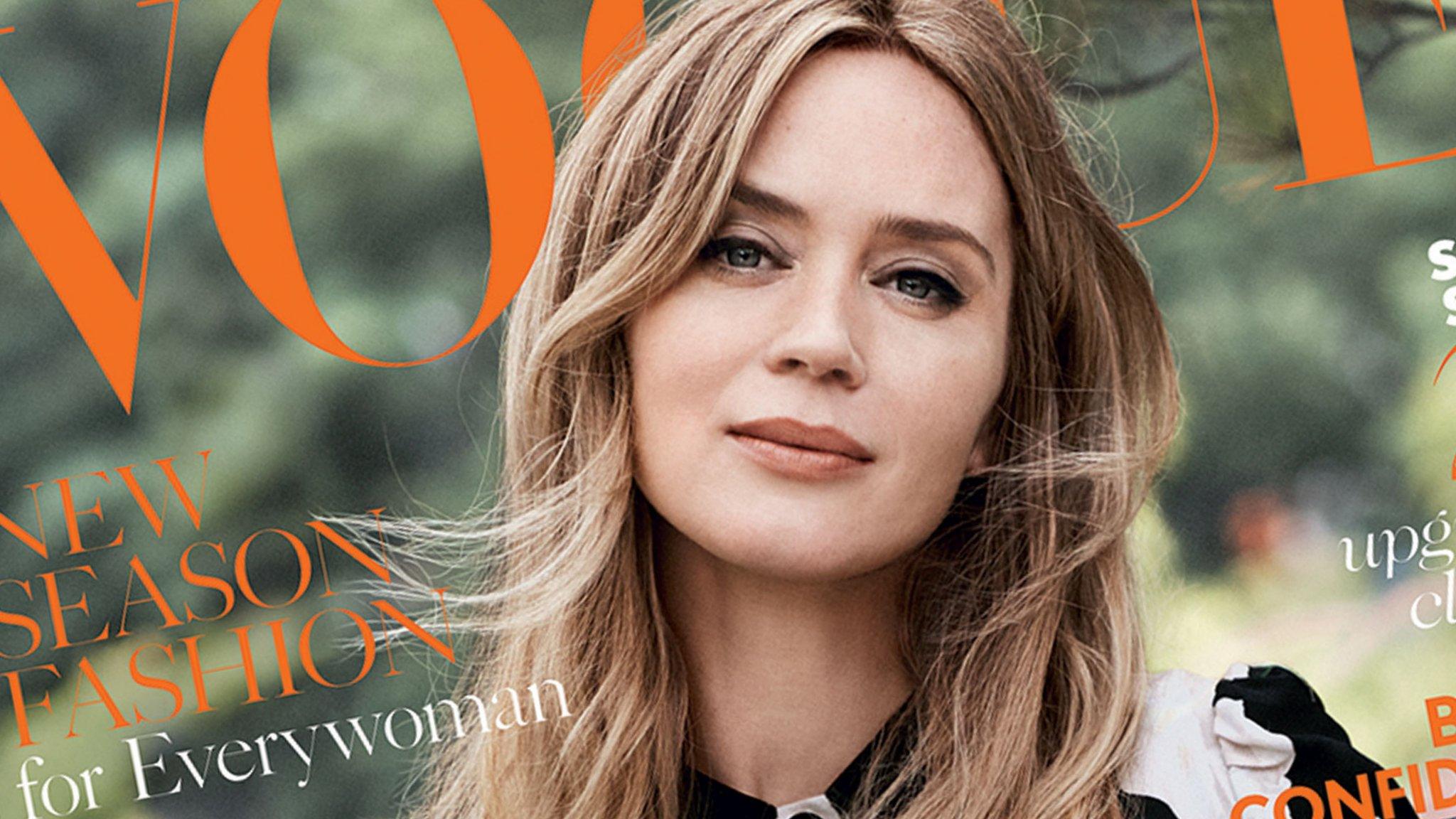
- Published27 September 2016
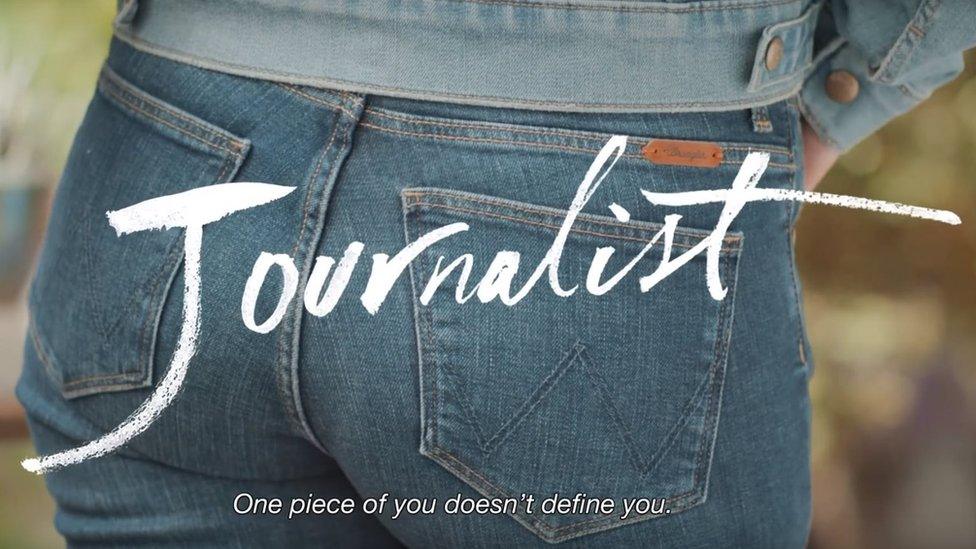
- Published24 September 2016
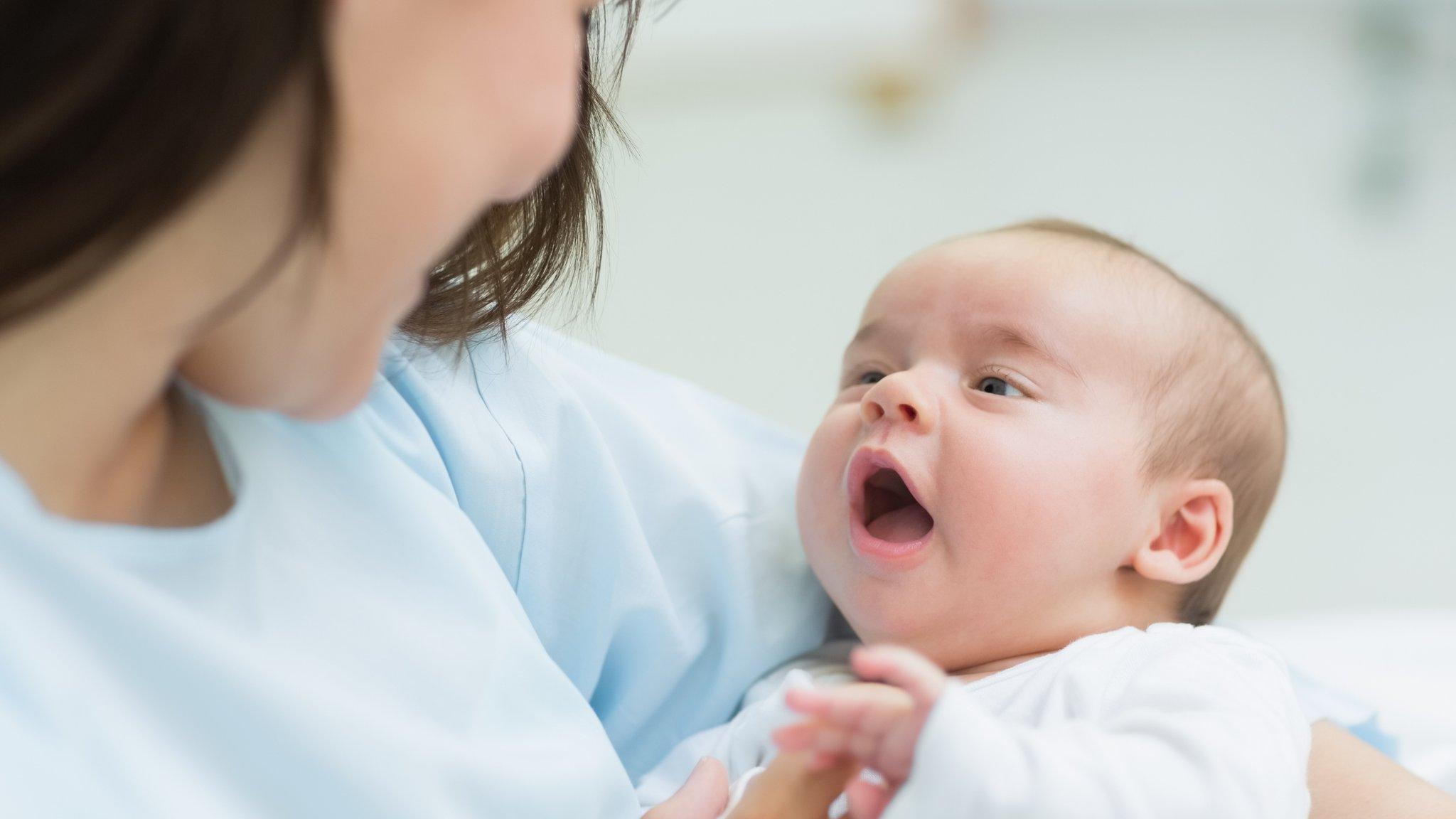
- Published25 September 2016
